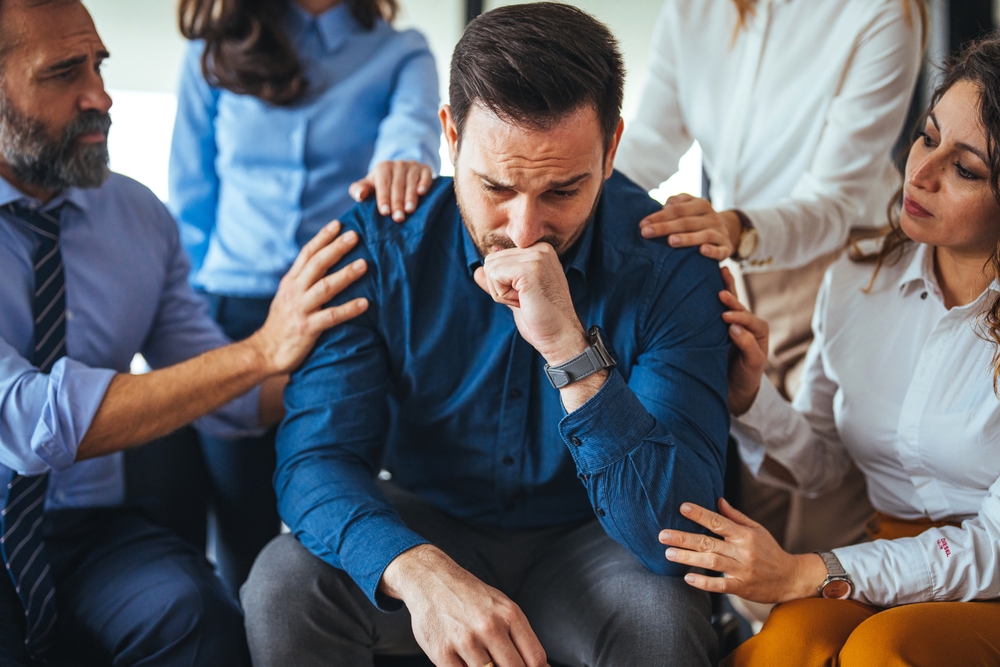September is Suicide Awareness month. As the COVID-19 pandemic extends into the remainder of the year, the pandemic may begin to have more long-term effects on those who struggle with mental health conditions. Preventing suicide in vulnerable populations is important during this time. There is evidence that deaths attributed to suicide increased during the 1918-19 influence pandemic and among individuals in areas affected by the 2003 SARS outbreak.
Anxiety, fear, loneliness due to isolation, and social distancing may exacerbate mental health symptoms for many individuals. This is also true for the general population, particularly for those with higher levels of exposure to COVID-19 such as healthcare professionals. Individuals in a suicidal crisis need special attention. It is probable that many may not seek out help during this time for fear of burdening the healthcare system further during the pandemic, or for fear of entering a healthcare facility and risking exposure.
To help during this time, we’ve collected information on what you can do to help prevent suicide during the pandemic. Remember, suicide is not inevitable. By beginning the conversation with your loved one or friend, you can provide support and direct them to qualified help. Evidence has shown that by providing support, talking about suicide, reducing access to means of self-harm, and staying connected even if that means through technology, we can help others.
Be Aware of Suicide Risk Factors
Suicide risk factors include:
- History of mental disorder
- Alcohol or substance abuse disorder
- History of trauma or abuse
- Previous suicide attempt or family history of suicide
- Feelings of hopelessness
- Job, financial, or relationship loss
- Isolation, or lack of social support
- Lack of healthcare accessibility, especially mental health treatment
- Major physical illness
There are warning signs that could help you determine if a loved one or friend is at risk for suicide. These behaviors may be new or have increased. Watch for:
- Talking about death or wanting to kill themselves
- Talking about feeling hopeless
- Talking about being in pain or feeling trapped
- Talking about being a burden on others
- Anxious or reckless behavior
- Sleeping too little or too much
- Withdrawing or isolating themselves beyond the requirements of the pandemic
- Extreme mood swings
- Increased use of drugs or alcohol
- Looking for ways to kill themselves, such as buying a gun or searching online
These are uncertain and unprecedented times. The COVID-19 pandemic has caused much distress and left many vulnerable to mental health problems and possibly suicidal behavior. We must look out for our loved ones and friends during this time and be prepared to take action. Below are several resources that are available to help.
National Suicide Prevention Lifeline – 1-800-273-TALK (8255), Veterans: Press 1
Crisis Text Line – Text TALK to 741741 to text with a trained counselor free of charge
The Trevor Project – 1-866-488-7386, or text TREVOR to 1-202-304-1200
MY3 app – www.my3app.org Helps you stay connected when you are having thoughts of suicide through a defined network of 3 individuals to reach out to.





